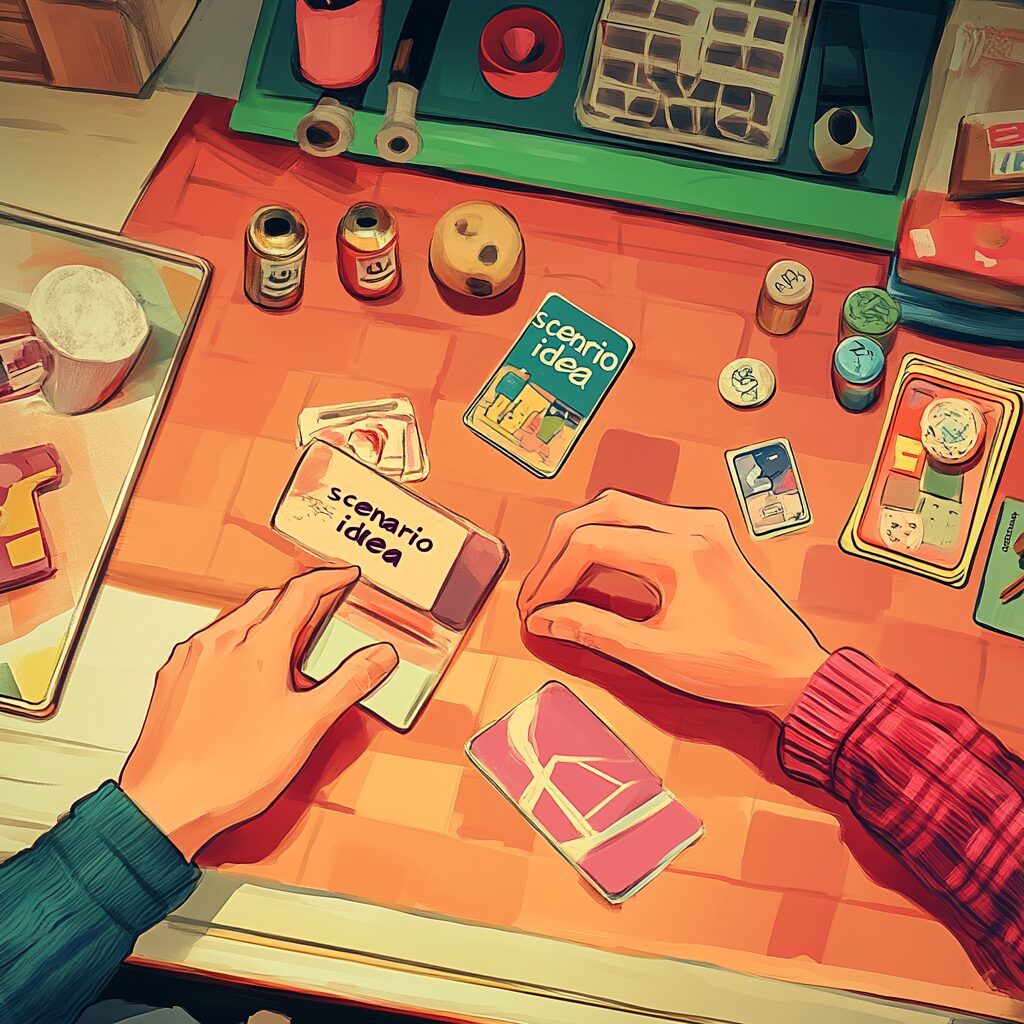Role-play, or acting out roles in a relationship, is one of the most enjoyable and creative ways to refresh intimacy, build trust, and deepen connection. Many couples seek ways to rekindle the spark they felt at the beginning of their relationship. Role-play can be a key tool in achieving this goal, as it provides a safe space to explore new sides of both yourself and your partner.
What Exactly is Role-Play?
In the context of relationships, playing roles involves creating and acting out scenarios or roles that both partners agree. These can range from simple scenarios to more complex stories involving dynamics like power play, flirting, or situations beyond everyday life. The roles can be purely fictional or based on personal fantasies, incorporating familiar themes like “rescuing a princess” or “master and maid.”
Role-playing doesn’t always have to be sexual in nature—it can be used to improve communication, enhance emotional closeness, or simply as a fun activity to deepen mutual understanding.

The Psychology Behind: Why Are We Drawn to It?
Acting in role allows us to break free from the usual constraints and stereotypes we place on ourselves or our partners in daily life. Psychologists suggest that the opportunity to “be someone else” is attractive because it lets us express ourselves differently. By stepping into a different role, we might feel less vulnerable, more open, and even braver. This enables us to not only explore new fantasies but also overcome internal blocks and push the boundaries of our comfort zones.
Psychologists also note that it helps build trust in relationships, as it requires mutual support, openness, and honesty. Many people enjoy the sense of novelty and excitement that role-playing brings, as it introduces new experiences that can re-energize a relationship.
How Can Role-Play Help Your Relationship?
- Enhancing Communication: Engaging in role-based scenarios requires open communication, helping couples learn to express their desires and feelings more effectively. These skills can carry over to other aspects of the relationship.
- Revitalizing Intimacy and Fun: It brings fresh experiences into the relationship, adding excitement to intimate moments and breaking routine.
- Overcoming Inner Barriers: Playing roles offers partners the chance to experiment with dynamics they might not try in everyday life, discovering new aspects of themselves and overcoming fears or insecurities.
- Building Trust: Exploring shared scenarios also involves trust and vulnerability. Supporting each other during these activities deepens trust and fosters a safe environment within the relationship.

Common Questions About Role-Play
Is it normal to be interested in role-play?
Yes! It is a common fantasy and a natural part of human desires. It’s a way to explore new aspects of sexuality and keep the relationship interesting.
Can role-play help a relationship that has lost its spark?
In many cases, yes. Role-play can reignite the passion couples felt at the start of their relationship and add a new dimension to their intimate life.
What if I feel awkward or uncomfortable during role-play?
Feeling awkward is normal, especially if you’re new to it. The key is to be open, communicate with your partner, and respect your feelings. If you feel uncomfortable, you can always pause or adjust the scenario.
How much role-play is too much?
Role-play should be enjoyable for both partners. The frequency and intensity depend entirely on you—what’s important is that both of you feel comfortable and have fun.



